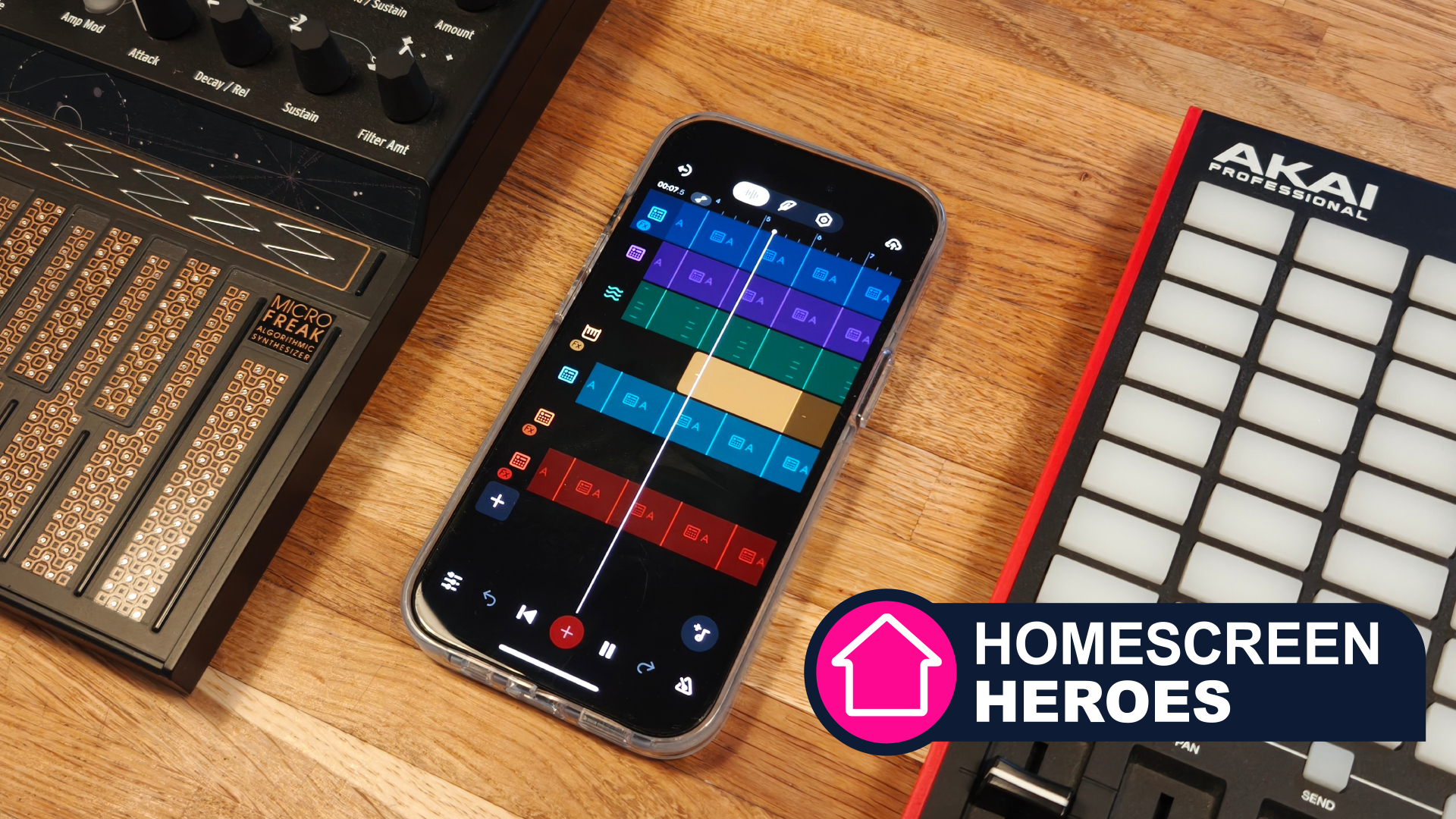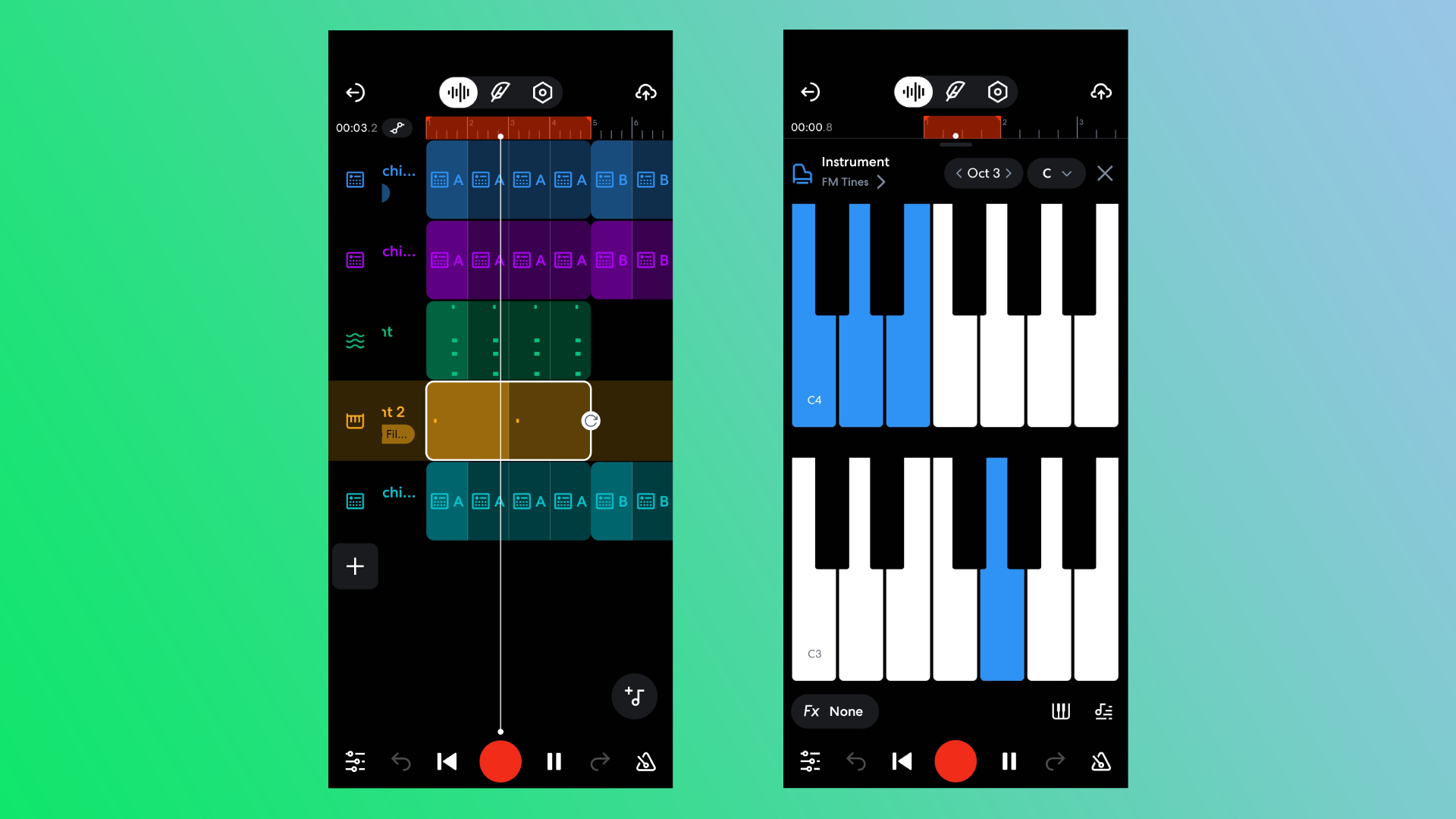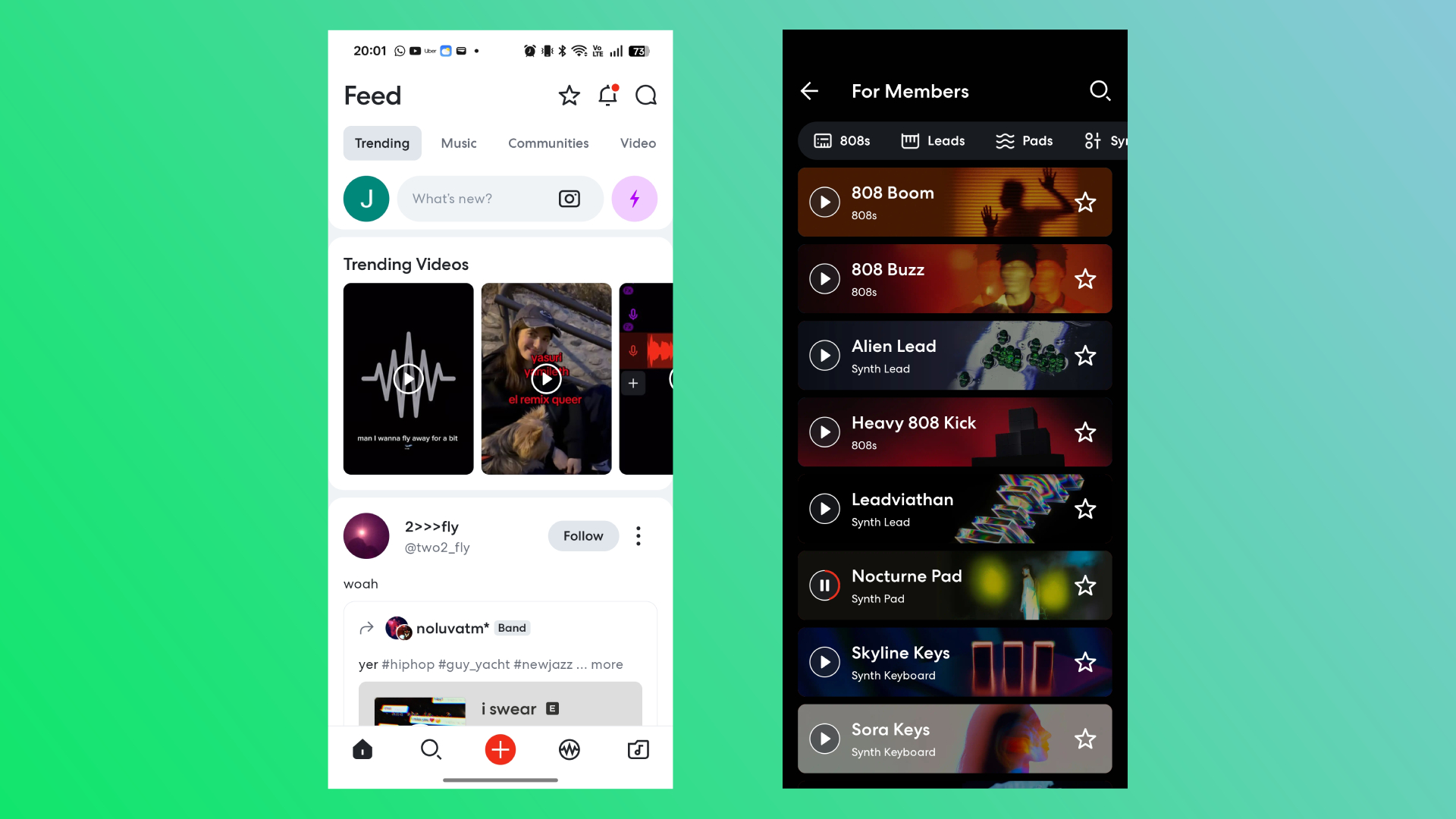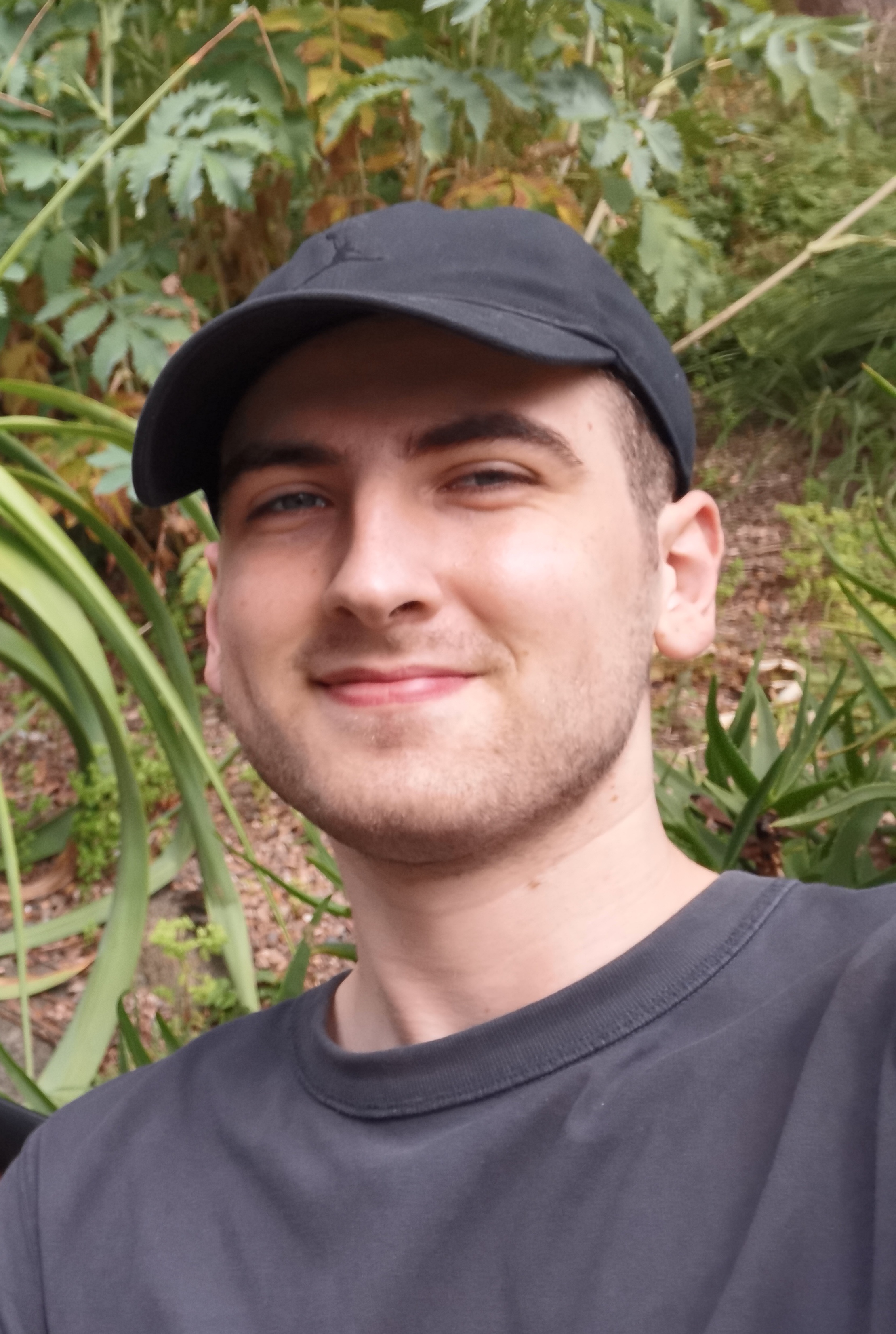This app lets you bring a music studio with you wherever you go – and I can't believe how well it works
Homescreen Heroes: BandLab is an intuitive mobile music program that hides a surprising amount of depth

Sign up for breaking news, reviews, opinion, top tech deals, and more.
You are now subscribed
Your newsletter sign-up was successful
Remember the iPod Touch? The fourth generation model of Apple’s beginner smart device was my entry into the iOS ecosystem, the world of mobile apps, and smart devices as a whole. As it turns out, the iPod Touch – and its included GarageBand music production app – would kickstart a lifelong love of digital music production.
At the time, there was nothing else like GarageBand – the ability to arrange songs with a wealth of sounds and samples on such a pocketable device was unique. But eventually, I found myself hitting the limits of both the software and hardware of the time, and when Ableton put Live, its premium digital audio workstation (DAW), on an extended free trial in 2020, I made the leap to desktop.
In the years since, I’ve taken the occasional look over my shoulder to see if mobile music software has done any catching up. There have been some solid efforts, but most have put me off due to high price tags, and while Ableton itself launched a cheap, scaled-down version of Live for iPhone and iPad called Note in 2022, I’ve never found it as useful as its studio-class big sibling. Now, though, I think I’ve found my solution for making music on the go: BandLab.
BandLab is a mobile DAW and social network that gives you a pretty comprehensive music-making experience in your pocket. Though some features are locked away behind a subscription ($14.95 / £15.99 / charged in USD in Australia), it’s free to download the app, make an account, and get started making music – and I’ve got to say, once you start, it’s very difficult to stop. It tracks (get it?) that the app boasts more than 100 million users.
This is part of a regular series of articles exploring the apps that we couldn't live without. Read them all here.
That popularity has translated into wider recognition; at the 2025 Webby awards, BandLab picked up the People’s Voice Award for Technical Achievement in the Apps and Software category. Speaking exclusively to TechRadar, BandLab Technologies CEO Meng Ru Kuok said: “We believe that there should be no barriers for people to make music, and really that everyone should have the opportunity to be creative and express themselves creatively.”
“I think the Webby is not just obviously a great milestone for the team, but it's a great milestone for every BandLab user around the world, who can feel validated by the win saying: ‘this is a way you genuinely can make music and a way that you can genuinely have success.’”
So, with BandLab installed and a three-day free trial of BandLab Membership (which auto-renews, so be careful), I launched into a few sessions to cook up beats on my iPhone 15 and Oppo Find X8 Pro.
Sign up for breaking news, reviews, opinion, top tech deals, and more.

Put simply, BandLab is the most intuitive mobile music software I’ve ever used. It launches as a social media-style feed, but the large ‘plus’ button at the bottom of the screen makes it quick and easy to launch into the DAW itself. Inside, you’ll find a bounty of virtual drum machines, synthesizers, replica instruments, sample libraries, and effects, many of which are surprisingly customizable and generally sound excellent.
I found myself looking through the pattern-based drum machines, placing notes in the piano roll, and arranging tunes in the main view. I was surprised by just how fluid everything felt – coming from a desktop to mobile means giving up all the keyboard shortcuts I rely on to get things done, but BandLab’s well-tuned menu system keeps everything feeling nimble.
The flipside of that is that things are a bit simpler than you’ll find on a proper desktop music program like Ableton Live, Logic Pro, or Cubase. Melodic instruments have fewer options to tweak, drum machines are generally comprised of preset samples, and audio effects (while still very customizable) are presented in preset bundles.
That’s by design, and actually one of BandLab’s upsides – I can’t see many music makers opting for BandLab for long sessions, and having the essential controls at your fingertips makes it easier to immerse yourself in sketching out ideas.
Simplicity is really Bandlab’s greatest strength. It’s full of tutorials, tips, and hints that make it less arcane than GarageBand at first launch. Its UI is clear and full of contrast, and the built-in social network even gives you a way to quickly share your creations. There are some AI-powered tools, which I’m historically not too fond of in music, but from what I’ve seen so far, these are optional.

Bandlab CEO Meng Ru Kuok added: “Really all you need to become an artist, to actually have a career in the industry, is a dream, a pair of wired headphones and BandLab on a mobile phone, right? And everybody out there has a smartphone, and everybody has talent. It doesn't matter what country you're in or where you are from.”
Continuing, Meng Ru said: “Today, everyone in the world is a hypothetical photographer, whether they like it or not. And everyone around the world is a videographer, just by using their phone.
And so with something like BandLab, yes, there is still a slightly steeper learning curve, but everyone can play the piano, learn rhythm, and make music through their phone. Everyone has the tools in their pocket to now become a successful recording artist.”
As mentioned, this is all accessible on the go – I found myself tapping away at beats in the park, on the bus, on the couch, and at my desk. These are all places you can bring a laptop to as well, but having a DAW in my pocket was a great asset to catch inspiration as it struck, anywhere, anytime.
So, if you find yourself tapping out rhythms on the commute or whistling melodies on your lunch break, you might enjoy giving Bandlab a go. If you do decide to give it a try, let us know how you get on in the comments below.
You might also like

Jamie is a Mobile Computing Staff Writer for TechRadar, responsible for covering phones and tablets. A lifelong tech-obsessive, Jamie began his writing career as a music blogger before studying journalism at Goldsmiths College, and joined TechRadar in 2024. He thinks the iPhone 5S is the greatest phone of all time, but is currently an Android user.
As well as reporting on the latest in mobile hardware, software, and industry developments, Jamie specialises in features and long-form pieces that dive into the latest phone and tablet trends. He can also be found writing for the site's Audio and Streaming sections from time to time, or behind the decks as a DJ at local venues around London.
You must confirm your public display name before commenting
Please logout and then login again, you will then be prompted to enter your display name.